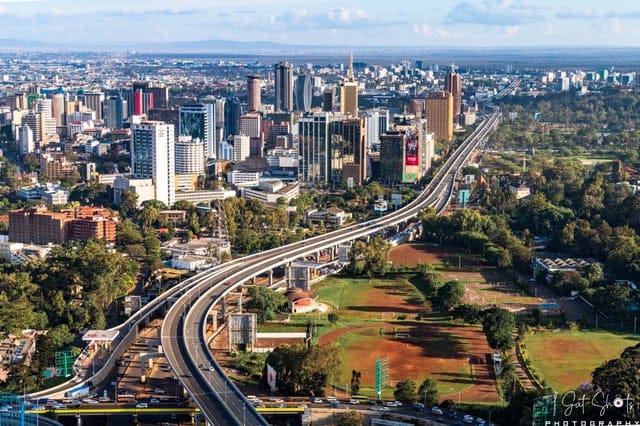In a bid to accelerate sustainable urban growth, the Kenyan government is laying the groundwork for a National Urban Development Fund aimed at supporting cities and municipalities across the country.
The initiative, currently being developed through a partnership between the State Department for Housing and Urban Development and the National Treasury, seeks to channel targeted financing into urban infrastructure, housing, and planning.
Urban Development Director Lillian Kieni confirmed that the fund is among 13 resolutions adopted during the inaugural Kenya Urban Forum (KUF) held in 2023.
“During last year’s forum, we identified gaps and inconsistencies in the legal frameworks governing urban development,” said Ms. Kieni. “We’re now working collaboratively with various agencies to streamline these laws and foster cities that are safe, inclusive, and environmentally sustainable.”
As the country gears up for the second edition of the forum—set to take place from June 17 to 19, 2025, in Naivasha—stakeholders are expected to explore fresh strategies to guide Kenya’s urban transformation. This year’s theme, “The Future is Urban: Driving Kenya’s Urban Transformation,” reflects a growing urgency to prepare for rapid urban growth.

Currently, Kenya’s urbanization rate is estimated at 4%, but projections indicate that by 2050, nearly half of the population will reside in urban areas. Ms. Kieni stressed the importance of sustained investment in urban development, citing ongoing government efforts in affordable housing, infrastructure expansion, and youth employment.
“Urbanization is not just about buildings—it’s about opportunities. Every housing project creates jobs, stimulates local manufacturing, and improves livelihoods,” she noted.
Assistant Director of Urban Development Mercy Kimani said KUF 2025 will center on five core themes: infrastructure and service delivery, urban governance, sustainable and climate-resilient development, economic opportunity, and inclusive urbanization, particularly for displaced communities.
She emphasized the need for county governments to adopt financial strategies that can support autonomous urban growth, including developing their own revenue streams.
“Creating livable cities means putting people first,” said Ms. Kimani. “We want to see communities empowered and engaged in shaping the future of their urban spaces.”
International support has also been forthcoming. Carlos Mejia, a senior urban economist with the World Bank, highlighted the importance of well-managed cities as engines of national growth.
“Livable urban spaces attract investment, generate jobs, and improve quality of life,” said Mejia. “We remain committed to working with Kenya to advance urban development through strategic financing and technical support.”
As anticipation builds for KUF 2025, government officials, development partners, and community leaders are expected to convene in Naivasha with one shared goal: to reimagine Kenya’s cities as inclusive, innovative, and resilient centers of opportunity.



